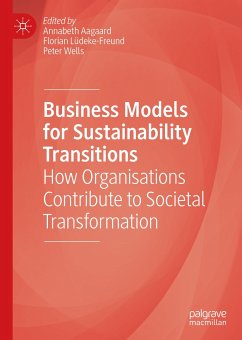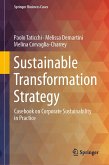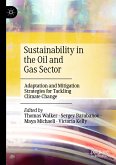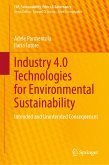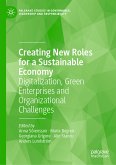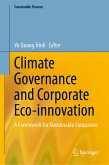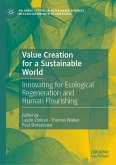- Jochen Markard, Senior researcher and Lecturer at the Group for Sustainability and Technology within the Department of Management, Technology, and Economics of ETH Zurich.
Can innovations in business change society? Can innovations in society change business? These two questions have become critically urgent in recent years, but are rarely considered together. 'Business Models for Sustainability Transitions' therefore asks, can contemplating both concepts together result in a flourishing, sustainable future? Technology alone cannot save us. We cannot consciously consume our way out of trouble. This book represents a start at bridging the dynamic world of business model innovation with the constant and unprecedented transitions underway in the world around us. For researchers, practitioners, and policy makers, the coupling of the two questions has the potential to unlock answers to our grand global challenges with responses that are at the same time rapid and enduring. This work offers unique and considered glimpses into what it may take to harness wide-ranging innovations for the collective good.
Annabeth Aagaard is an Associate Professor and the founding Director of Interdisciplinary Centre for Digital Business Development at Aarhus University, Denmark. Her research is focused on digital and sustainable business development, ecosystems and innovation, from which she has (co)-authored 14 textbooks, e.g. "Sustainable Business Models - Innovation, Implementation and Success", Palgrave.
Florian Lüdeke-Freund is Professor for Corporate Sustainability at ESCP Business School, Berlin. He serves on the editorial boards of different journals, and has authored or edited four books, including "Sustainable Business Model Design". He founded www.sustainablebusinessmodel.org.
Peter Wells is a Professor of Business and Sustainability, and Director of the Centre for Automotive Industry Research, at Cardiff Business School, UK. He is author or editor of 11 books and is frequently quoted in the New York Times, Forbes, Bloomberg, the BBC and other international news sources.
Dieser Download kann aus rechtlichen Gründen nur mit Rechnungsadresse in A, B, BG, CY, CZ, D, DK, EW, E, FIN, F, GR, HR, H, IRL, I, LT, L, LR, M, NL, PL, P, R, S, SLO, SK ausgeliefert werden.

